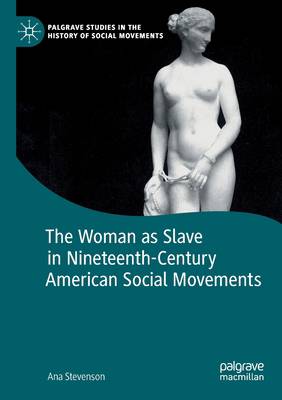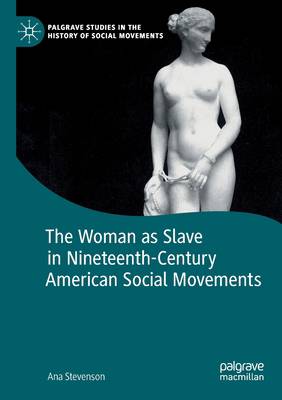
- Retrait gratuit dans votre magasin Club
- 7.000.000 titres dans notre catalogue
- Payer en toute sécurité
- Toujours un magasin près de chez vous
- Retrait gratuit dans votre magasin Club
- 7.000.0000 titres dans notre catalogue
- Payer en toute sécurité
- Toujours un magasin près de chez vous
The Woman as Slave in Nineteenth-Century American Social Movements
Ana StevensonDescription
This book is the first to develop a history of the analogy between woman and slave, charting its changing meanings and enduring implications across the social movements of the long nineteenth century. Looking beyond its foundations in the antislavery and women's rights movements, this book examines the influence of the woman-slave analogy in popular culture along with its use across the dress reform, labor, suffrage, free love, racial uplift, and anti-vice movements. At once provocative and commonplace, the woman-slave analogy was used to exceptionally varied ends in the era of chattel slavery and slave emancipation. Yet, as this book reveals, a more diverse assembly of reformers both accepted and embraced a woman-as-slave worldview than has previously been appreciated. One of the most significant yet controversial rhetorical strategies in the history of feminism, the legacy of the woman-slave analogy continues to underpin the debates that shape feminist theory today.
Spécifications
Parties prenantes
- Auteur(s) :
- Editeur:
Contenu
- Nombre de pages :
- 362
- Langue:
- Anglais
- Collection :
Caractéristiques
- EAN:
- 9783030244699
- Date de parution :
- 26-08-21
- Format:
- Livre broché
- Format numérique:
- Trade paperback (VS)
- Dimensions :
- 148 mm x 210 mm
- Poids :
- 458 g

Les avis
Nous publions uniquement les avis qui respectent les conditions requises. Consultez nos conditions pour les avis.






